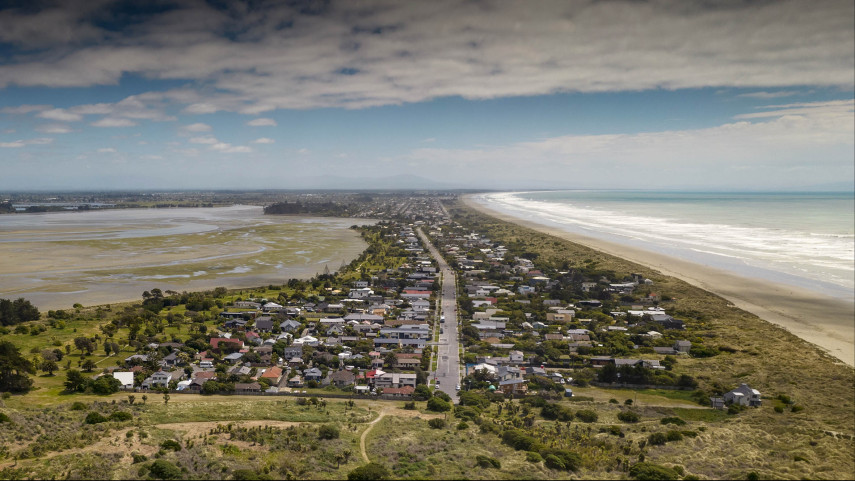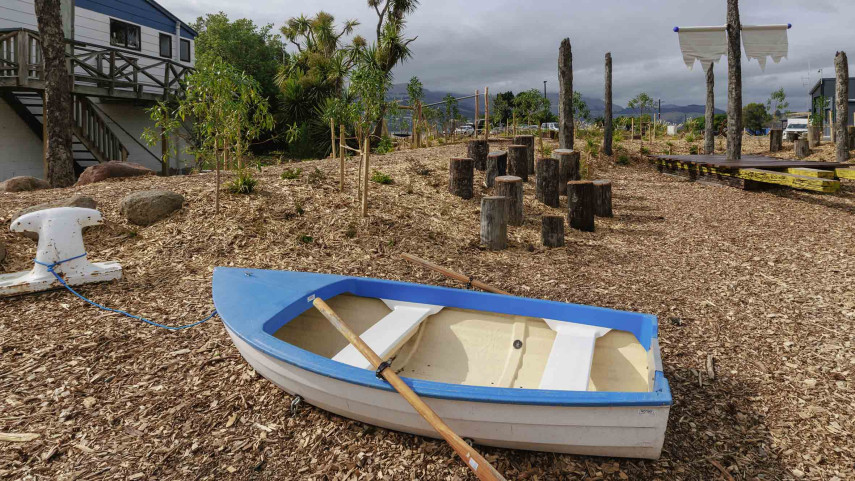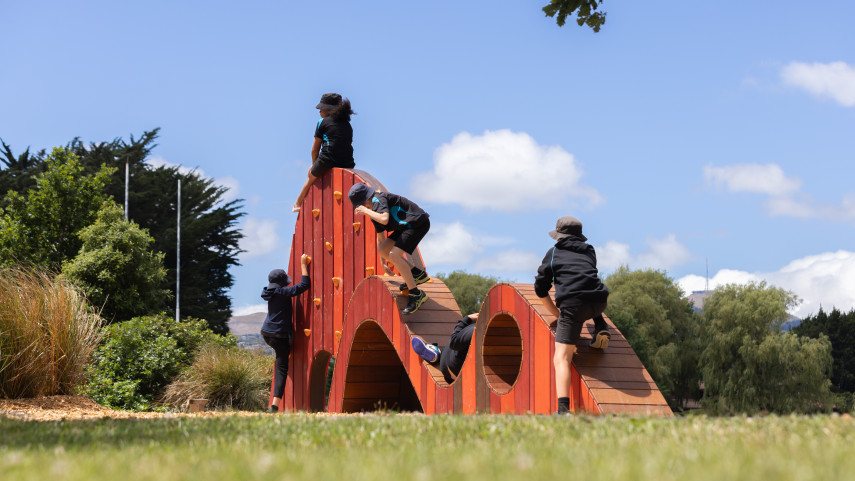The Health (Hairdressers) Regulations 1980 was revoked on 31 July 2025.
This change follows a national sector review led by the Ministry for Regulation, which found that the regulations were outdated, inconsistently applied, and no longer contributed meaningfully to public health and safety outcomes.
What this means for your business
- The Health (Hairdressers) Regulations 1980 no longer exists and can no longer be enforced.
- New businesses are no longer required to register with the Council as a hairdresser or barber under these regulations.
- Council has ceased processing registrations and renewals and will no longer undertake routine inspections specific to those regulations.
- The Health (Registration of Premises) Regulations 1966 no longer applies to hairdressers and barbers, although it will remain in effect for other sectors.
What still applies
Businesses must still comply with general public health and safety laws, including:
- The Health Act 1956.
- The Health and Safety at Work Act 2015.
- Local building and planning requirements.
A health officer may still carry out an inspection of your premises under the Health Act 1956 if a complaint is received about unsafe or unhygienic practices.
All hairdressers and barbers are still required to be registered and permitted to connect and discharge into the water, waste and sewage network.
Trade Waste compliance is implemented by the Christchurch City Council under the Local Government Act 2002 through the Christchurch City Council Trade Waste Bylaw2015.
The Trade Waste Bylaw sets out rules for controlling the amount and quality of trade waste discharged to the sewer.
If you have any questions regarding your trade waste permit, please contact Council either by phone on 039418999 or email tradewaste@ccc.govt.nz
Hairdressers and barbers still need to comply with the requirements of the Water Supplies section of the New Zealand Building Code, which says that 'Beauty salon and hairdresser’s sinks' are a high hazard to the public water supply.
The Council’s policy is that properties with these sinks need to have a High Hazard Reduced Pressure Zone (RPZ) backflow device on their water supply connection after the Council water meter.
If you have any questions regarding your trade waste permit, please contact Council either by phone on 03 941 8999 or email backflowconsents@ccc.govt.nz.
The Ministry of Health, in collaboration with industry representatives, is preparing new guidance to support hygiene, sanitation, and infection prevention in hairdressing and barbering businesses.
It is intended that this guidance will be published online and will complement existing health and safety guidance from WorkSafe NZ.
What you need to know
- You do not need to register your hairdresser or barber business with the Council after July 2025.
- We encourage you to stay informed by checking for updated guidance from the Ministry of Health once it becomes available.
- If you have questions about your ongoing health and safety obligations, contact WorkSafe or refer to the Ministry of Health’s forthcoming guidance.
For any further queries, please feel free to contact our team at healthadmin@ccc.govt.nz or email the Ministry for Regulation directly at HairAndBarberReview@regulation.govt.nz
Related news

Landmark Southshore resource consent approved
The long-awaited project to build erosion and flood protection structures along Te Ihutai/Avon-Heathcote Estuary edge in Southshore and South New Brighton is set to begin, following the approval of resource consent this week.
4 Feb 2026
New play space at Lyttelton’s Naval Point now open
A ‘sinking ship’, monkey bars and dinghy are all features of a new play space at Naval Point.
14 Jan 2026
Local students bring fresh ideas to Hoon Hay Park
Students at Te Kōmanawa Rowley School have stepped into the role of landscape architects – designing, prototyping and constructing a new play space in Hoon Hay Park.
12 Jan 2026